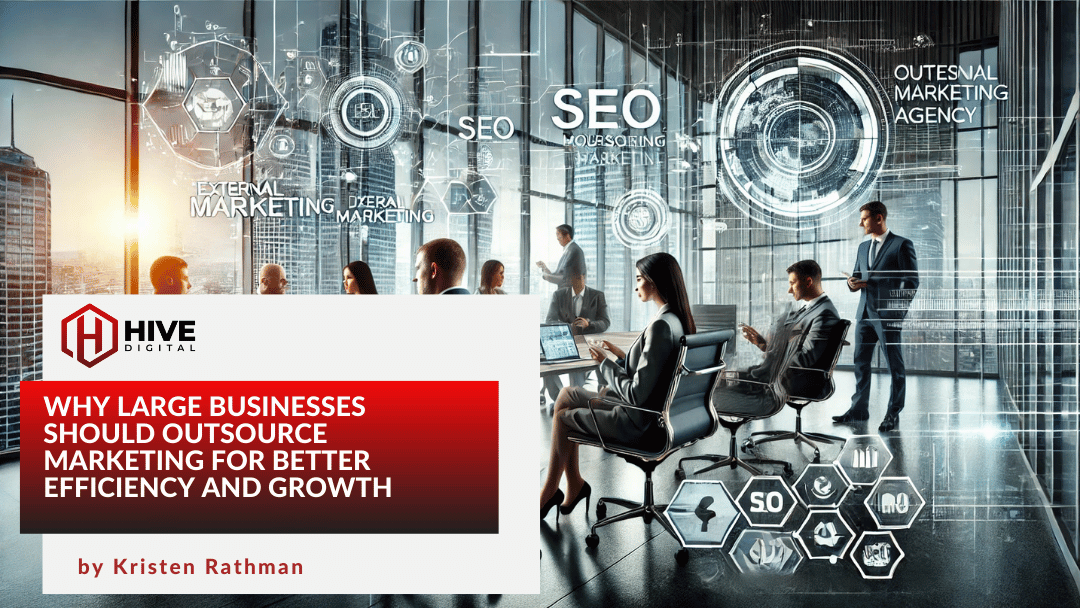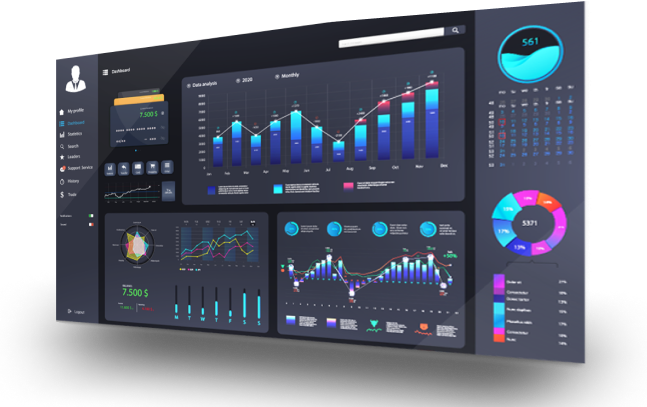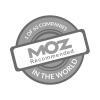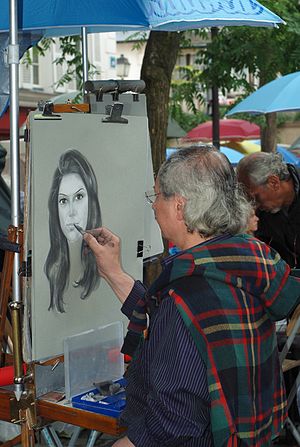
Recently my friend and co-worker Phil Buckley posted on his personal blog “Graduating from Enthusiast to Professional.” In it he ponders where the line is between free advice and consulting that should be paid for. He didn’t try to give a final answer to that dilemma in his post, and I won’t here either. But I hope to add some thoughts to the value of “free,” to what those of us with specialized knowledge or abilities give away.
As marketers, we (I hope) know the power of networking. That was always true. Even a hundred years ago the small town merchant knew that being part of civic organizations and making lots of friendships with influential “town fathers” could help his business. And it’s certainly many magnitudes more important now that the Internet has turned the whole world into our small town market.
But the more you become connected, once you start to grow a valuable network, the more you’ll be asked for your expertise, the more requests you’ll get to “just answer one quick question” or “please come speak to my group.” Would anyone ask the baker to give away some free bread? (Actually, they would, and they should, and he should – but that’s another story.)
One of the things I’ve loved about the SEO community is the spirit of giving, sharing, and openness is a long tradition. But at the end of the day, we all need to bring home some pay. So what is the ROI of all that giving and sharing and group love?
The Artist, the Gamer, and the Giver
This post is about three books, two of which I’ve recently read, one I haven’t (yet, but it’s on order). Together, I think these three make a case for giving more than you could possibly get in your chosen field.
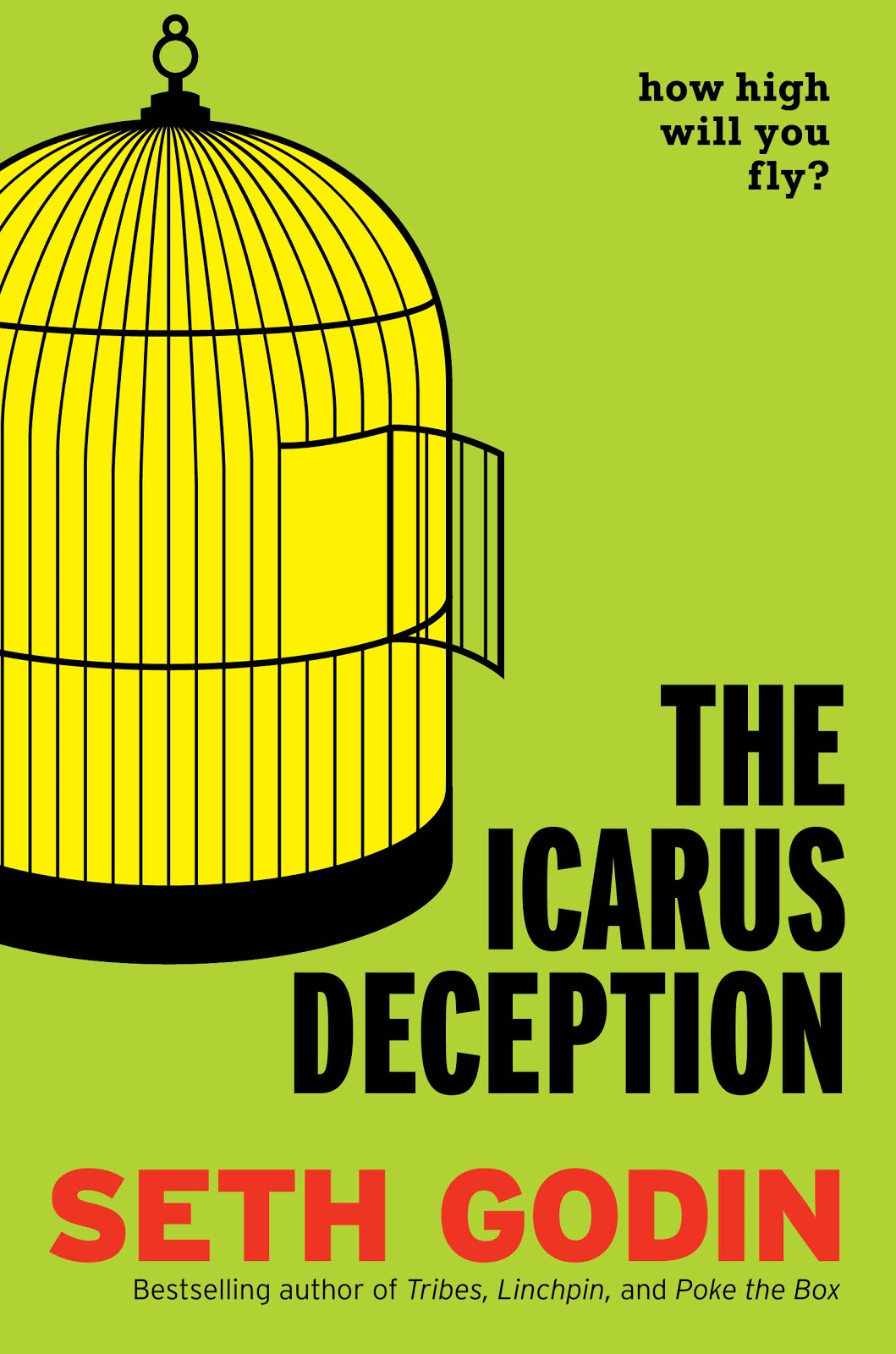 The first is Seth Godin‘s The Icarus Deception.
The first is Seth Godin‘s The Icarus Deception.
I have to admit that I had written off Seth Godin some time back. I felt like I pretty much “got” what he had to say, and that he had nothing new to offer me.
Then I kept hearing from Phil Buckley how freaking awesome this new book was. And if I’ve learned nothing else in the year since Virante made one of its smartest moves ever (hiring Phil), I’ve learned that if Phil is enthusiastic about someone or something, I should get on board.
As usual, Phil’s recommendation was right on the mark. This book has already had a profound impact on me, confirming much of where my life has been heading for at least the past three years, and kicking my butt on why I’m not further along that journey by now.
This isn’t your typical business book. You won’t find 10 steps to anything here. You won’t find any “techniques.” What you will get is the shocking news that you, yeah you, Ms. Business Person, Mr. Social Media Expert, you are an Artist. Or you should be.
Godin says we’re in a time of transition from the Industrial Economy to a Connected Economy. The industrial economy depends upon and rewards conformity, punctuality, limited expectations, consumerism, passivity. It is all about efficiency, market share, profit. If I’m to win, a lot of other people have to lose (or at least accept a lower “win”). It’s a zero sum game.
The Connected Economy is about weirdness, non-conformity, exploration, risk-taking, personal production, active participation. It produces and revels in abundance. There are no winners, only players. In the connected economy, helping other players helps keep the game going. And it’s all about keeping the game going.
The Connected Economy doesn’t need workers. It needs artists. Artists are people who have the ability to see the world as it is, and then see what it lacks, and go make it. Artists aren’t just painters or sculptors or weavers. It can be anyone in any profession, at any level, if they approach what they do with creativity, passion, and the ability to connect and be human.
In the Connected Economy, we create together a rising sea where all boats float. If you’re area of expertise overlaps with mine, I don’t need to see you as a competitor. If we’re both in the same network, and we are both making art, then our interactions will only serve to enhance each other’s art. Everyone in my network is my teacher, not my competitor.
Is this some hippy-dippy paradise where no money is ever exchanged for goods and services? Of course not. Seth Godin himself can command a pretty penny for one of his presentations, believe you me. But that’s because he’s done enough public art for free that he now has a huge tribe of people who think what he creates is worthwhile. And because of that, there are more than enough people and companies who are very willing to pay to have him come create for them (or better, help hem learn how to create for themselves).
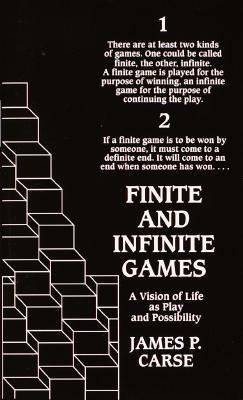 The next book is not a business book at all. Actually, it was published 25 years ago by a professor of religion, and is now out of print (but available from used sellers and on Kindle). It’s Finite and Infinite Games: A Vision of Life as Play and Possibility by James P. Carse. Working off of game theory, Carse taught that every human endeavor can be expressed as being a part of either an infinite or finite game.
The next book is not a business book at all. Actually, it was published 25 years ago by a professor of religion, and is now out of print (but available from used sellers and on Kindle). It’s Finite and Infinite Games: A Vision of Life as Play and Possibility by James P. Carse. Working off of game theory, Carse taught that every human endeavor can be expressed as being a part of either an infinite or finite game.
Finite games are played to be won, and have a definite ending. At the end of a game, someone, one entity, will have won, and every other player will be a loser, or some lesser winner. Finite games are zero sum, and are based on scarcity. Only a few can be winners, so I either have to make sure you lose, or at best, I have to make you a cooperative cog whom I reward just enough to make sure that you keep contributing to my win.
Infinite games, on the other hand, have no winners and never end (or only end when everyone in them stops playing). Their goal is not to win, but to try to keep the game going. Thus they depend on cooperation and collaboration among players. They produce and thrive in abundance, since the players can potentially keep creating infinite spin-offs that keep the play going.
Now what about that book I said I haven’t read yet?
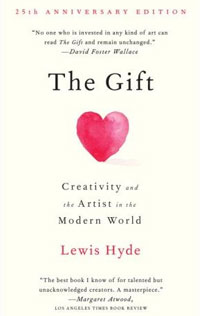 It’s The Gift: Creativity and the Artist in the Modern World by Lewis Hyde. It, happily, has remained in print since it’s publication in 1983. The New York Times says the book “tries to reconcile the value of doing creative work with the exigencies of a market economy.”
It’s The Gift: Creativity and the Artist in the Modern World by Lewis Hyde. It, happily, has remained in print since it’s publication in 1983. The New York Times says the book “tries to reconcile the value of doing creative work with the exigencies of a market economy.”
As I’ve said, I haven’t read The Gift yet, but it so permeates Godin’s book that I put it on order and plan to devour it the moment it arrives.
For a long, long time I’ve felt this tension inside between the Artist and the Worker. Have you felt it too? You have that desire to create something awesome, something that, even in some small way, changes a part of the world. Something people can connect with and do even greater things with. But you also feel the strong pull of what Jackson Browne calls “the struggle for the legal tender.” To stay with Jackson Browne for a moment (this time from “Running on Empty“): “Gotta do what you can just to keep your love alive / Trying hard not to confuse it with what you do to survive.”
But writers like Godin and Carse and Hyde are telling us that there doesn’t need to be a war between our “love” and “what we do to survive.”
The connected economy, a world in which any common person can have instant access not only to all the knowledge of the world, but also rapidly find and connect with her “tribe,” the people who are weird in the same way, who get it–that economy can have great rewards for the artist who risks all to pursue his art.
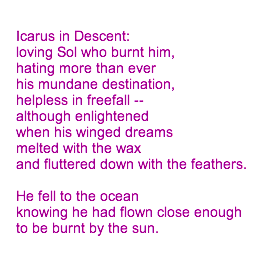
Godin titled his book The Icarus Deception because of his observation that most of us grew up hearing only one half of the Icarus myth. In that version, the father who makes the wax wings to enable he and his son Icarus to escape from their island prison warns his son not to fly too high, because getting too close to the sun could make the wings melt, plunging him to his death.
But Godin tells us that there was another part to the father’s warning. He also warned Icarus not to fly too low, where the waves could hit him and pull him from the sky.
It is not by error that since ancient times, only the first warning in the myth has been emphasized. Ancient rulers and modern industrial giants both needed workers who were convinced that it was more dangerous to fly high than to stay low. Whether loyal subjects or productive workers, those winners needed to make all under them think that trying to rise too high was not only dangerous, it was immoral. We use pejorative words like “prideful” and “hubris” to describe those not in the ruling class who dare to tilt skywards in their dreams. We even made it one of the “deadly sins.”
But it is only those who are willing to explore the upper atmosphere, to revel in sharing and abundance, to break the mold and do great art, who will reap the rewards of the connected economy.
The Artist as Infinite Gamer
So how do those two books connect? Perhaps you already see it. Seth Godin’s artists are those whose passion is to be players in James Carse’s infinite games.
They never see their work (creation) as a means to an end in itself (a deal, a paycheck). Rather it is always a work-in-progress, and they understand the need of building and encouraging a network of fellow artists who can help them play better, and who together can lead each other from game to game ad infinitum.
Seth Godin, who was heavily influenced by Carse and Hyde, sums up the connection between all three books best in the closing words of Icarus Deception:
Once you see the truth of an infinite game, Lewis Hyde’s connection between art and generosity makes even more sense.
For something to be art, there has to be a gift. The gift creates connection and a bond, and those connections lie at the heart of the connection economy. Connections lead to more value, and thus the game continues.
A transaction, even steven, pushes people apart. A gift creates an imbalance; it strengthens the tribe; it moves the game forward.
Scarcity and market share and monopolies and profit maximization seek to suck energy from the system. Industrialists want the system to calm down, to become organized and productve and, most of all, profitable. Artisits want to add energy to the system, to shake it up, to keep the game moving forward.
Artists don’t give gifts as an alternative to doing a favor. They’re not trying to incur a commercial debt; they’re not networking their way to the top. Artists are playing the infinite game, and every gift they contribute allows them to keep playing the game.
– Seth Godin, The Icarus Deception, p. 207
The Head and Heart of an Artist
Recently I wrote a guest post that has become one of my most widely read and reshared posts ever: “Your Google+ Network Is More Powerful than You Know.” In that post I tried to pull back the curtain a bit to reveal the hidden power of what Google had done by making its social network a “social layer” on all things Google. In a nutshell, it means that the potential influence you exert by using Google+ is magnified by Google personalized search. Of course, there’s a lot more to it than that. Read the post!
So that’s a “head” kind of post. The nuts and bolts, or better, the proper brush hairs and sculpting knives to have on one’s artist bench. But I also plan to be writing a lot more “heart of an artist” posts like this one. Did you find thinking about this stuff valuable?
Since we started with Seth Godin, and he is a master at including tweetable quote sin his books, I’ll leave you with a list of thought-provoking tweet quotes from Icarus Deception.








